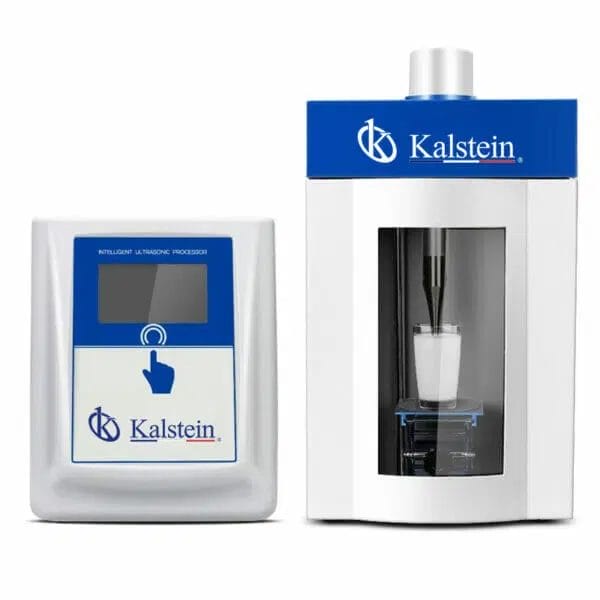Homogenizers are indispensable tools in every laboratory. They not only reduce time and resources through homogenization, but also ensure accurate and reliable results. Because they ensure homogeneous samples, laboratorians can focus on performing precise and accurate experiments, rather than compensating for human errors.
In addition, homogenizers allow laboratorians to work with better samples with higher levels of precision and accuracy. This ensures that the results are as accurate and reliable as possible. Ultimately, this speeds up research and improves laboratory procedures, which contributes to an overall improvement in the quality of experimental results.
Importance of Homogenizers in Laboratories
The efficiency of any laboratory is closely related to the quality and efficiency of the processes carried out within it. One such process is homogenization and its importance cannot be underestimated, especially in analytical laboratories. Homogenization is one of the most important processes to ensure that the results of experiments and/or analyses are accurate and reliable.
Homogenizers have helped to improve and increase the efficiency of laboratories in several aspects, such as reducing processing time, human errors, and duplication or triplication of experiments. This is due to the fact that homogenizers improve homogenization accuracy, reliability and reproducibility, as well as efficiency and speed. As a result, processing times are significantly shorter, and human errors in the laboratory are minimized.
Benefits of having a Homogenizer in the Laboratory
Homogenizers also often save time and resources by reducing the need to repeat tests unnecessarily. This is because the homogenizer reduces human error by ensuring that the sample is homogeneously mixed. This allows laboratorians to perform experiments and analyses without having to worry about calibrating equipment or compensating for human error.
On the other hand, homogenizers also help laboratorians improve the quality of the samples they process. They are ideal for ensuring that experiments and analyses are carried out accurately and homogeneously. This allows the results to have the highest possible precision and accuracy. This also prevents erroneous and reliable results from being produced.
Contribution and Sustainability of Homogenizers in the Laboratory
Finally, homogenizers also have a positive impact on the environment. Because homogenizers reduce the expenditure of time, resources, energy and materials, they help to promote sustainability. Because they can process several samples at once, large quantities of laboratory materials are not necessary for processing large volumes of samples. This contributes to greater economic and environmental sustainability.
In conclusion, homogenizers are useful and indispensable tools in all analytical laboratories. They help to improve the quality of experimental results and help to save time, resources and energy by processing several samples simultaneously. This contributes to greater efficiency and an overall improvement in the quality of results. In addition, they also contribute to greater sustainability through reduced expenditures in energy, time and materials.
Kalstein Homogenizers
As a leading company in the market we invite you to visit our link HERE where you can find the best laboratory equipment, in different laboratory areas and sectors of medicine; as manufacturers with European certification we can guarantee that your purchase is positive and effective, we have a number of models of Homogenizers that will suit each and every one of your needs, find them at HERE

